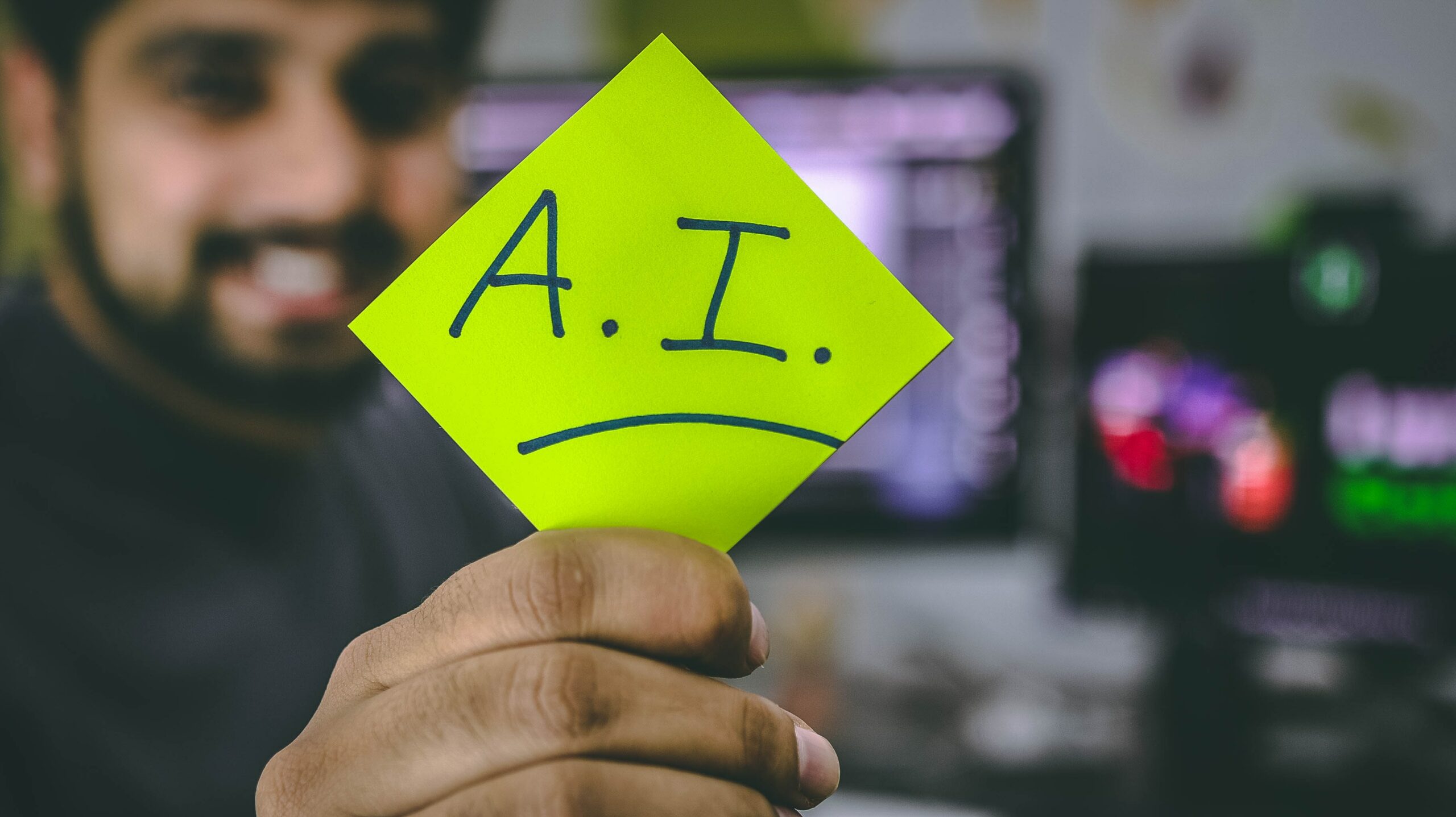As reported here by Fortune news media, the U.S. Copyright Office has announced that images created by artificial intelligence programs (“A.I.”) are not copyrightable. A.I. programs have, of course, been in the news lately given the public launch of A.I. online products like OpenAI’s ChatGPT and Microsoft’s Bing. ChatGPT has been famously writing quality college term papers, poetry and other written materials. See Atlantic media report here. On the other hand, the Microsoft Bing version of ChatGPT has had some problems and may be pulled for retooling. See USAToday report here.
There are enormous implications for the use of successful A.I. products. On the plus side, A.I. may spur a huge leap in worker productivity, but, on the down side, may also lead to significant worker dislocations.
On the legal side, there is a large question about the legal status of and legal protections for A.I.-generated materials. When a business hires an employee to generate creative images, stories and other content, that content is protected under U.S. and international copyright laws. But what about A.I.-generated content? At least for now, the U.S. Copyright Office has given its answer: no copyright protection is available for A.I.-created materials.
For experienced copyright lawyers — like those of us here at Revision Legal — the Copyright Office’s announcement was not too surprising. Over the years, there have been earlier tests of other technology that have raised the question of copyrightability. Generally speaking, U.S. Copyright Law protects “original works of authorship” that are in a fixed medium. Books and movies are well-known examples.
Previous judicial rulings and announcements from the U.S. Copyright Office have made it plain that “works of authorship” mean works of “human” authorship. A famous example involves “selfies” taken by macaque monkeys living on a nature preserve. A British photographer left a loaded-ready-to-click camera unattended on a 2011 visit to the preserve. While the photographer was away, the monkeys managed to find the trigger button and clicked numerous photos of themselves in front of the camera. There were attempts to register copyrights for the resulting photos but the U.S. Copyright Office said “no.” The Copyright Office noted that there was no “human” authorship involved. A case eventually wound through the U.S. court system which confirmed the Copyright Office’s decision.
It must be noted that the Copyright Office does not have the “last word” here since Congress could change the law and, likely, this issue may end up in federal court. For now, though, the announcement forestalls other legal questions such as who owns the resulting A.I.-generated images or written materials. Does the company that created the A.I. program own the results or the persons who input the basic requirements and received the results? Ownership is a key issue in Copyright law. In the macaque monkey case, the courts rejected copyright protection for the additional reason that monkeys could not own copyrights.
Contact The Copyright Attorneys at Revision Legal
For more information, contact the experienced Copyright Lawyers at Revision Legal. You can contact us through the form on this page or call (855) 473-8474.




